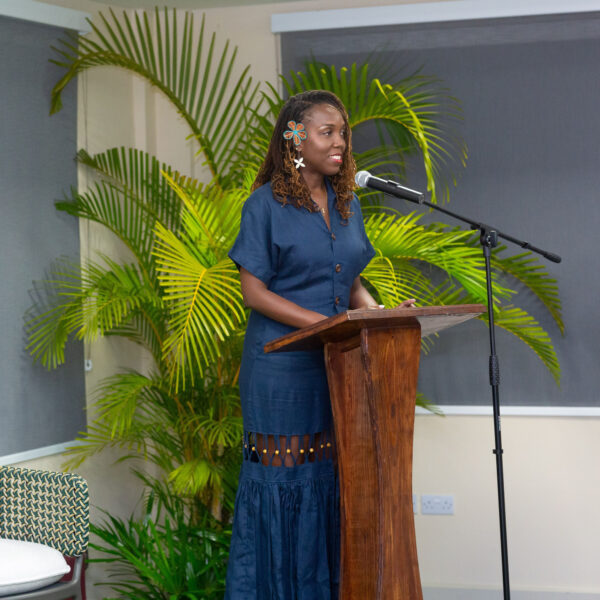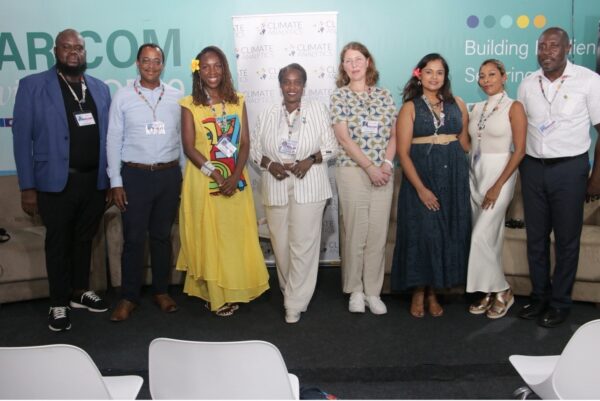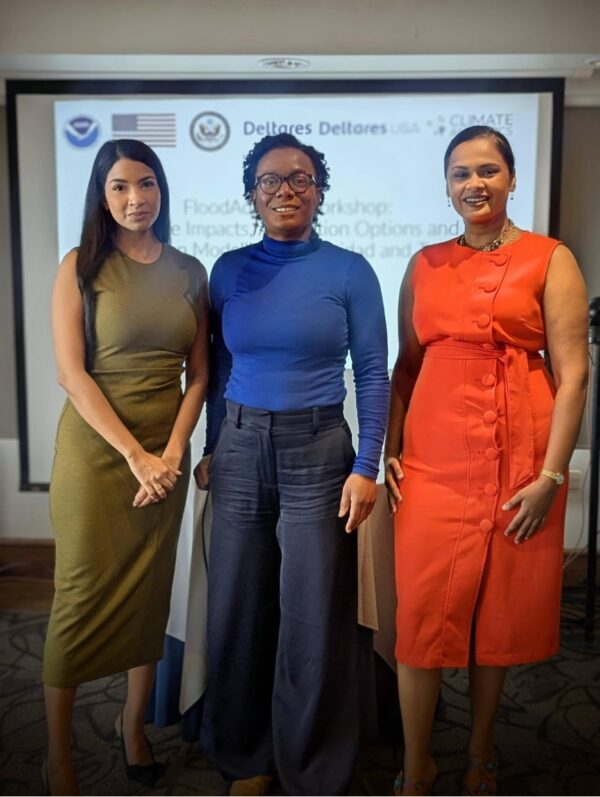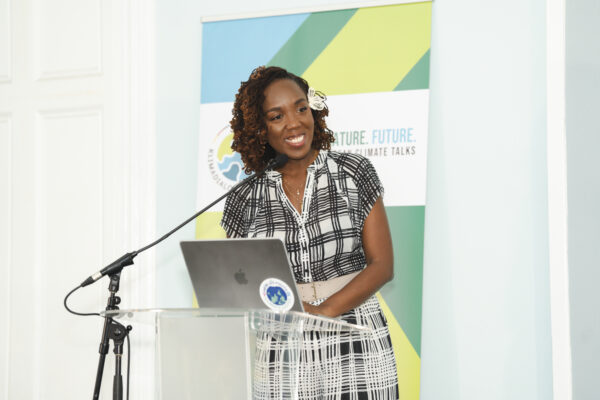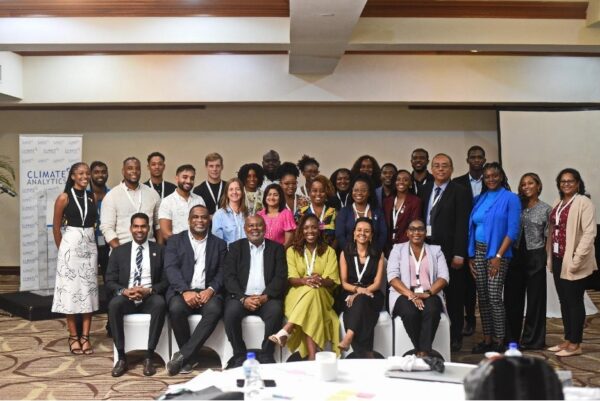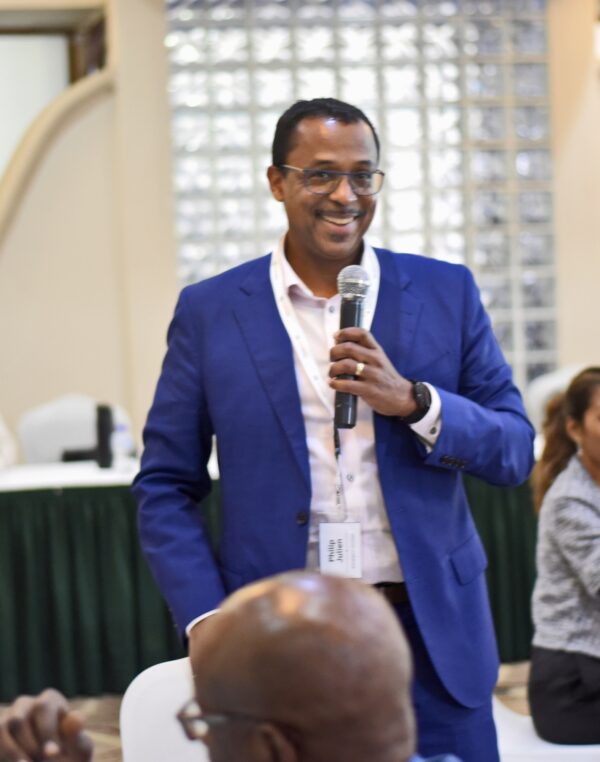Powering progress together: why regional collaboration is the key to hitting our renewable targets
Mr. Giovanni Buckle, CCREEE for the Climate Analytics Caribbean Newsletter
In March 2025, the Caribbean Centre for Renewable Energy and Energy Efficiency (CCREEE) was a key participant in the Climate Analytics Caribbean workshop, ReEnergise Caribbean. Giovanni Buckle, Project Manager Engineer, presented on behalf of CCREEE. Here, he shares CCREEE’s insights on securing resilience for our region.
Share

The Caribbean is at a crossroads. Governments across the region have committed to ambitious renewable energy goals, including a collective target of 47% renewable energy penetration by 2027, set in the Caribbean Sustainable Energy Roadmap and Strategy (C-SERMS), 2015. Yet as of 2022, we have only achieved a collective 12%. The window to act is narrowing, however, the opportunity before us has never been greater.
CARICOM has urged its member states to develop or update their Integrated Resource and Resilience Plans (IRRP), which will be critical for guiding national energy transitions and attracting the investment needed to move from ambition to implementation. Planning alone, however, is not enough.
The region continues to face well-documented barriers, including limited financing, insufficient technical capacity, and a lack of coordination among key stakeholders. However, the most pressing challenges today are regulatory. A lack of cohesive regulatory frameworks, together with the absence of regional standards, has slowed progress, deterred investment, and limited momentum.
Despite being a region known for its abundance in renewable energy resources, this potential remains largely untapped, not because of a lack of ambition or technology, but because of persistent regulatory and institutional barriers that continue to stall progress. Without clear, supportive frameworks and harmonised standards, we cannot attract the scale of investment needed or move projects efficiently from planning to execution.
These barriers are not just delaying implementation, but they also actively prevent us from achieving a future of energy independence, where our economies are powered by our local resources. With the right enabling environment, we can transform our energy systems entirely, shifting from heavy dependence on imported fossil fuels to generating surplus clean energy, unlocking new economic opportunities including the exportation of energy through technologies such as green hydrogen. This is not just an energy transition, it is a chance to reshape our economies and position the Caribbean as a global model for sustainable development.
To achieve this vision, we must embrace regional and national collaboration across ministries, utilities, regulators, technical partners and borders. Tools such as pooled procurement can play a pivotal role in aggregating demand, reducing costs, and accelerating renewable energy deployment. Most importantly, shared action can turn isolated success stories into a cohesive regional transformation.
